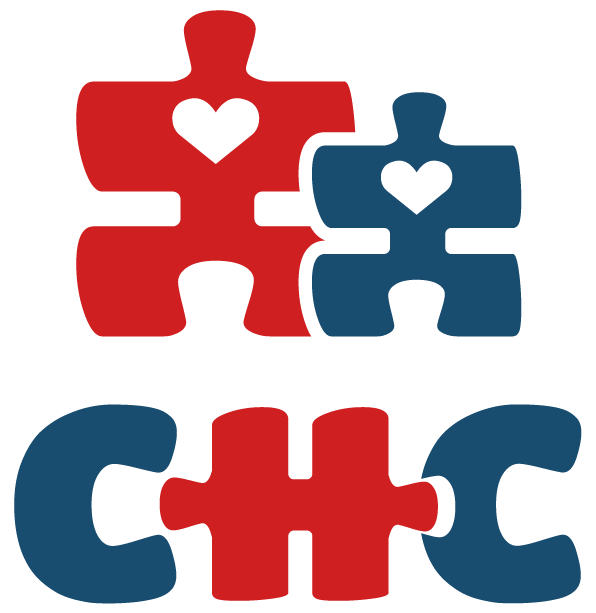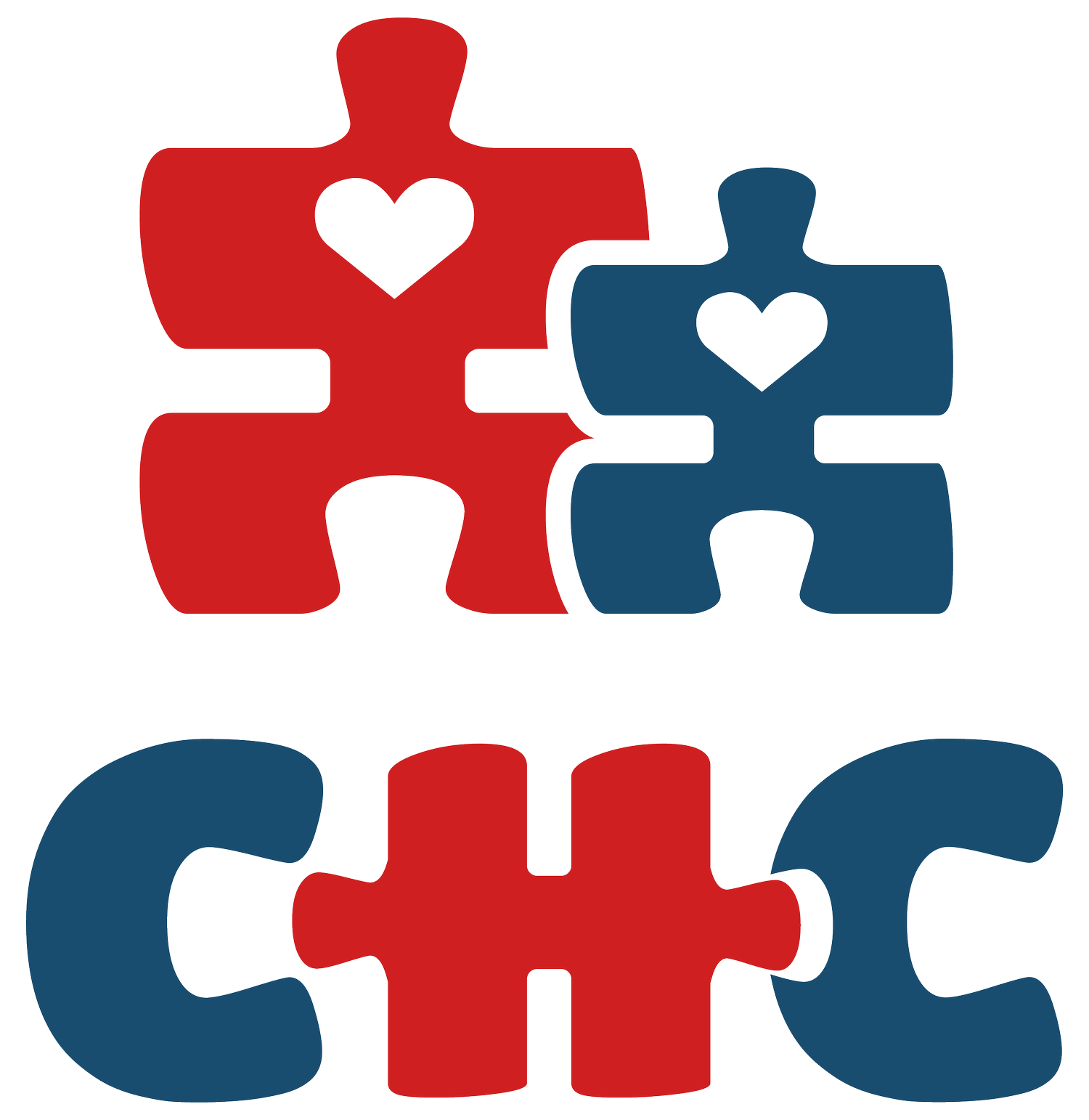Importancia de las funciones ejecutivas en el desarrollo infantil
Cuando hablamos del desarrollo infantil, pensamos en el lenguaje, la motricidad o las habilidades sociales, pero hay un conjunto de habilidades menos visibles que también son fundamentales y que influyen en casi todo lo que un niño hace, se trata de las funciones ejecutivas. Estas habilidades cumplen el papel de director de orquesta del cerebro. Permiten organizar, planificar, mantener la atención, así como regular comportamientos y emociones. Las funciones ejecutivas son esenciales para la vida diaria y el aprendizaje, especialmente en niños con autismo y otras condiciones del neurodesarrollo. Trabajarlas desde temprana edad puede marcar una gran diferencia en su capacidad para desenvolverse con autonomía y confianza.
Pueden agruparse en 3 grupos:
1. Control inhibitorio: Es la capacidad de detener una acción o pensamiento impulsivo. Ejemplo: Un niño que logra esperar su turno en un juego o que no interrumpe cuando alguien más habla.
2. Memoria de trabajo: Permite retener y manipular información por un corto periodo. Ejemplo: Seguir una serie de pasos como “guarda los juguetes y luego lávate las manos para comer”.
3. Flexibilidad cognitiva: Es la habilidad para adaptarse a los cambios y ver las cosas desde diferentes perspectivas. Ejemplo: Cuando un niño acepta jugar de otra forma después de que su plan no salió como esperaba.
¿Por qué es importante fortalecerlas?
Cuando estas habilidades se desarrollan, los niños pueden enfrentar mejor los cambios, resolver problemas cotidianos y comunicarse de forma más efectiva. Ayudan a mejora la autonomía, la regulación emocional y las habilidades sociales, así como el rendimiento escolar. El desarrollo de las funciones ejecutivas no ocurre de un día para otro. Requiere consistencia, acompañamiento y estrategias adaptadas a las necesidades de cada niño. Desde la terapia —ABA y ocupacional— se pueden implementar programas específicos que lo ayuden a aprender paso a paso, reforzando los avances. Las funciones ejecutivas son el núcleo que permite a los niños pensar, planificar, regularse y aprender.
Solimar Rodríguez - Terapeuta de Conducta
Venezuela - USA
https://www.childhopecenter.com/blog/funciones-ejecutivas
https://ldaamerica.org/lda_today/whats-the-big-deal-about-executive-functions/
The importance of executive functions in child development
When we talk about child development, we think of language, motor skills, or social skills, but there is a set of less visible skills that are also fundamental and influence almost everything a child does: executive functions. These skills act as the brain's conductor. They enable children to organize, plan, maintain attention, and regulate behaviors and emotions. Executive functions are essential for daily life and learning, especially in children with autism and other neurodevelopmental conditions. Working on them from an early age can make a big difference in their ability to function independently and confidently.
They can be grouped into three categories:
1. Inhibitory control: The ability to stop an impulsive action or thought. Example: A child who manages to wait their turn in a game or who does not interrupt when someone else is speaking.
2. Working memory: This allows information to be retained and manipulated for a short period of time. Example: Following a series of steps such as “put away your toys and then wash your hands to eat.”
3. Cognitive flexibility: This is the ability to adapt to change and see things from different perspectives. Example: When a child agrees to play differently after their plan did not work out as expected.
Why is it important to strengthen them?
When these skills are developed, children are better able to cope with change, solve everyday problems, and communicate more effectively. They help improve autonomy, emotional regulation, and social skills, as well as school performance. The development of executive functions does not happen overnight. It requires consistency, support, and strategies tailored to each child's needs. Through therapy—ABA and occupational—specific programs can be implemented to help them learn step by step, reinforcing their progress. Executive functions are the core that allows children to think, plan, regulate themselves, and learn.

